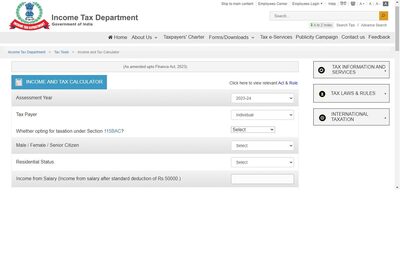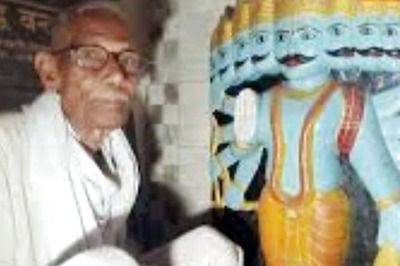
views
CHENNAI: Advancements in medicine have found a cure for leprosy but there is no end to the stigma and discrimination patients face. Activists working with the leprosy-affected lament that even laws continue to discriminate against leprosy-affected people (LAP).Activists say various Marriage Acts, like Section 27 (1) (g) of the Special Marriage Act, 1954, Section 13 (1) of the Hindu Marriage Act, 1955, and Section 10 1 (1V) of the Indian Divorce Act, 1869, clearly state that leprosy is a ground for divorce.Dr P K Gopal, a leprosy-affected person and the Founder President of Integration, Dignity and Economic Advancement of People Affected by Leprosy, an NGO working on these issues for more than two decades, said, “Medical science has come a long way. Most of the laws were made when cure was not there. But today, leprosy is a very curable disease. It is high time necessary amendments are made that do not discriminate against leprosy-affected people. The LAPs need protection under the law, which had failed them.”Buvaneshwari from Thiruvallur was abandoned by her husband with her children when she was diagnosed about 12 years ago. She said, “When I was diagnosed with leprosy, my husband left me and my children. We could not take any recourse with law, which states leprosy is a ground for divorce. Though I am cured now, I continue to suffer .”Chandrasekhar. whose marriage was on rocks as his mother was an LAP, said, “My wife had a tough time accepting it. We went close to a divorce but luckily our marriage survived thanks to the counselling service provided by Ramakrishna Mutt.”He has a word of advice. “Instead of saying leprosy is a ground for divorce, why can’t judges and lawyers advise people that leprosy is a curable disease and there is no reason for stigma or panic.”Several other Acts discriminate against LAPs on the employment front: Section 56(3) of the Indian Railway Act, 1989, and certain sections of the Industrial Disputes Act 1947. Radhakrishnan’s story is a case in point. In 1980, he worked at Tambaram Airforce Base as an office attendant. After three years of service, a month before his confirmation, he was found to be an LAP in a medical test. He lost his job.Radhakrishanan said, “After I lost my job, my marriage got cancelled and I never got married after that. Every time my leprosy status came to the fore, I was forced to change my job. I could never stay in a job for more than two years. That has been my life thereafter.”The Life Insurance Corporation of India Act, 1956, Section 18, 2 (c) of the Hindu Adoption and Maintenance Act, 1956, were some of the other laws that had discriminatory clauses in them, the activists said.




















Comments
0 comment